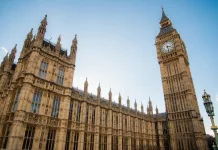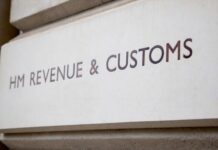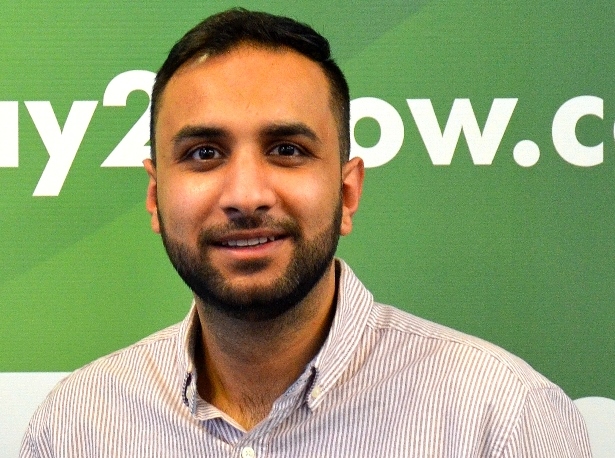Following criticism about available assistance for the self employed during the coronavirus pandemic, Chancellor Rishi Sunak has announced measures.
Mr Sunak said that if they have suffered a loss in income, a taxable grant will be paid to the self-employed or partnerships, worth 80% of their profits up to a cap of £2,500 per month.
Initially, this will be available for three months in one lump-sum payment, and will start to be paid from the beginning of June.
It will be called the Coronavirus Self-employment Income Support Scheme, and is open to those who were trading in the last financial year, still trading now, and planning to continue doing so this year.
There are more than five million self-employed people in the UK, earning an average of £781 a month, about 3.8 million of them may be covered by this scheme.
The scheme will be open to those with a trading profit of less than £50,000 in 2018-19, or an average trading profit of less than £50,000 from 2016-17, 2017-18 and 2018-19.
Those who are recently self-employed, having set up since April 2019, will not receive any help under this scheme. This is because they will not have filed a tax return and therefore HM Revenue and Customs (HMRC) will not know of their self-employed status. People do not need to contact HMRC, if they are eligible HMRC will contact them directly.
The government’s new help comes on top of a six-month delay for tax payments through the self-assessment system.
Those with the lowest incomes are in line to receive more generous benefits payments, announced previously. The chancellor said those applying for universal credit should be paid within a few days.
As part of the latest announcement, the chancellor also suggested tax breaks for the self-employed.
This signals a massive change in UK tax policy, potentially equalising the tax treatment of the self-employed with employees.
How do I claim the help?
- • HMRC will use existing information to identify those eligible and will invite applications
- The application will require them to confirm that they meet the eligibility requirements
- It will be paid straight into a bank account, which eligible taxpayers will need to confirm on their application form
- People do not need to contact HMRC now, if they are eligible HMRC will contact them directly















